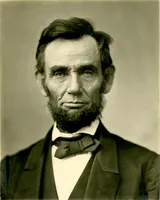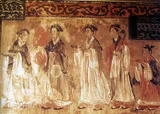null
May Uprising in Dresden
Central Europe (Present-Day Berlin, Dresden, Saxony, Germany)
Mar 5 1849
Mon 15:19:00
In Dresden, the capital of the Kingdom of Saxony, the people took to the streets asking King Frederick Augustus II of Saxony to engage in electoral reform, social justice, and for a constitution.
Near you
See allYesterday
See allMuhammad Ali was born in Kavala, in Macedonia, Rumeli Eyalet of the Ottoman Empire, today a city in Greece, to an Albanian family from Korça. He was the second son of Albanian tobacco and shipping merchant named Ibrahim Agha, who also served as an Ottoman commander of a small unit in Kavala.

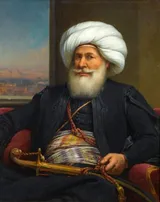
Washington, with nominal fanfare, arrived alone at his inauguration in his carriage. Sworn into office by Associate Justice William Cushing on March 4, 1793 in the Senate Chamber of Congress Hall in Philadelphia, Washington gave a brief address and then immediately retired to his Philadelphia presidential house, weary of office and in poor health.


Abraham Lincoln was an American lawyer and statesman who served as the 16th president of the United States from 1861 until his assassination in 1865. Lincoln led the nation through the American Civil War and succeeded in preserving the Union, abolishing slavery, bolstering the federal government, and modernizing the U.S. economy.

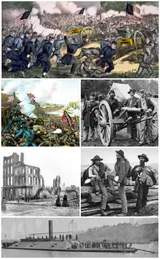
On March 4, 1861, Abraham Lincoln was sworn in as president. In his inaugural address, he argued that the Constitution was a more perfect union than the earlier Articles of Confederation and Perpetual Union, that it was a binding contract, and called any secession "legally void".


Tomorrow
See allAlexander Severus was adopted as son and caesar by his slightly older and very unpopular cousin, the emperor Elagabalus at the urging of the influential and powerful Julia Maesa — who was the grandmother of both cousins and who had arranged for the emperor's acclamation by the Third Legion.
On March 6, 222, when Alexander was just fourteen, a rumor went around the city troops that Alexander had been killed, triggering a revolt of the guards that had sworn his safety from Elegabalus and his accession as emperor.

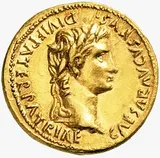
German revolutions of 1848–1849
A group of German liberals began to make plans for an election to a German national assembly
Mon Mar 6 1848
In Heidelberg, in the state of Baden, on March 6, 1848, a group of German liberals began to make plans for an election to a German national assembly. This prototype Parliament met on March 31, in Frankfurt's St. Paul's Church.

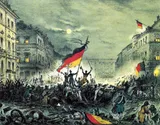
the Japanese had begun preparations for the capture of Taiwan. However, the first operation would be directed not against the island itself, but against the Pescadores Islands, which due to their strategic position off the west coast would become a stepping stone for further operations against the island. On March 6, a Japanese expeditionary force consisting of a reinforced infantry regiment with 2,800 troops and an artillery battery were embarked on five transports, sailed from Ujina to Sasebo, arriving there three days later.

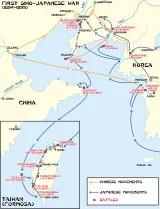
On 6 March 1928, Schindler married Emilie Pelzl (1907–2001), daughter of a prosperous Sudeten German farmer from Maletein. The young couple moved in with Oskar's parents and occupied the upstairs rooms, where they lived for the next seven years.

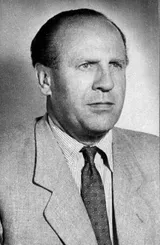
This month
See allCollections
See allCold war
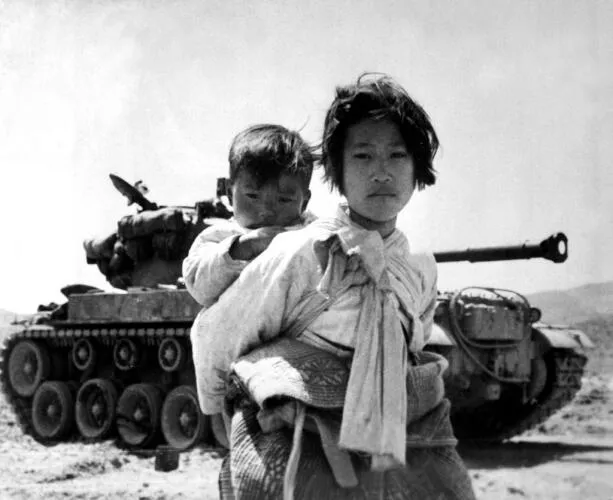





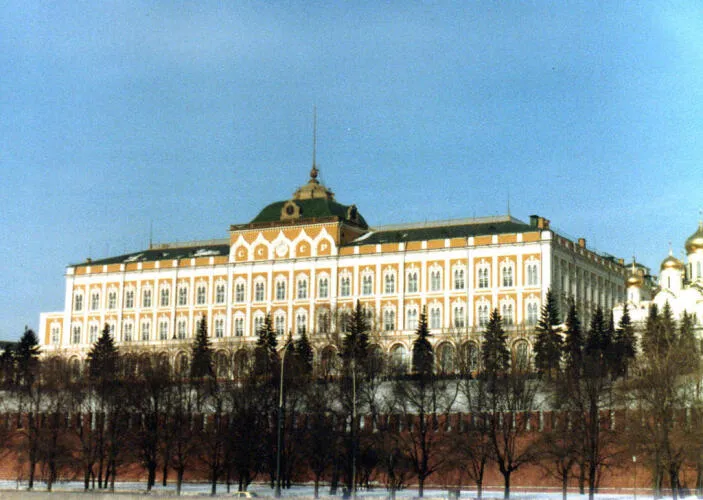
The Cold War was a period of geopolitical tension between the Soviet Union and the United States and their respective allies, the Eastern Bloc and the Western Bloc, after World War II.

Korean War

Vietnam War

Berlin Wall

Dissolution of the Soviet Union
U.S. Presidents
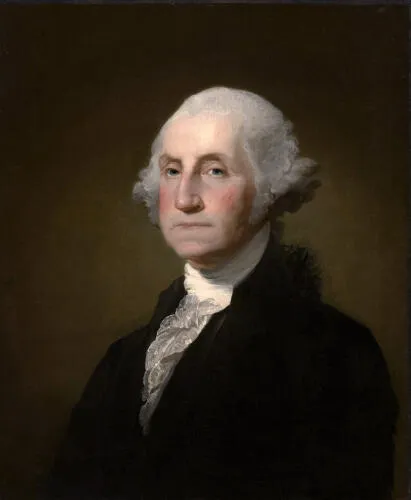

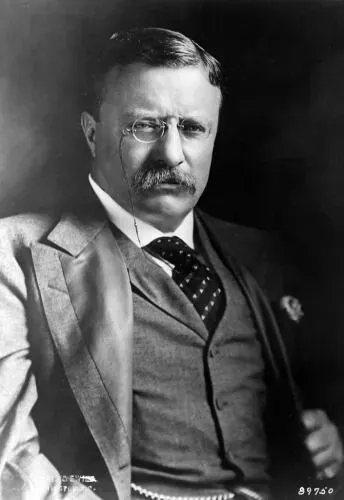

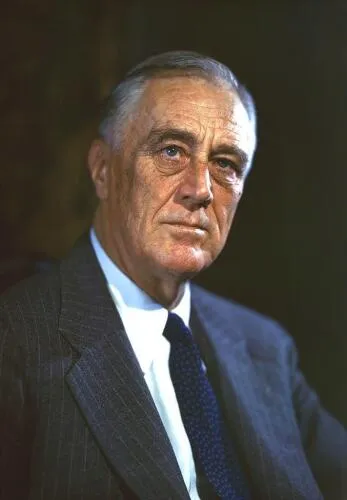

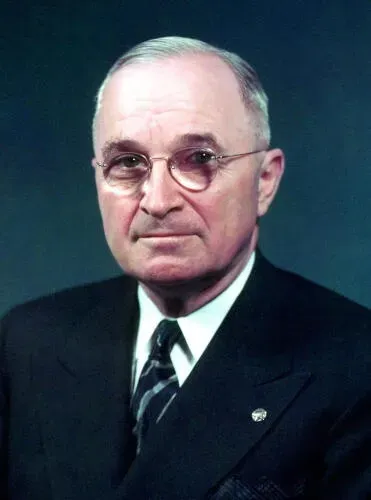

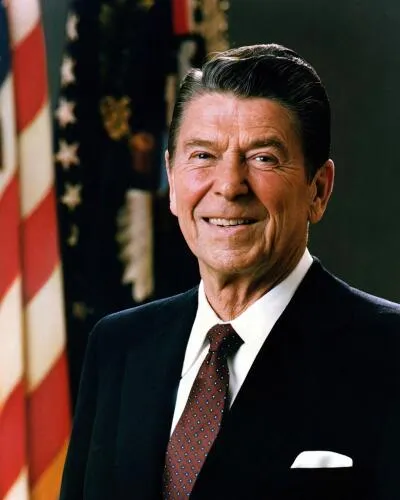

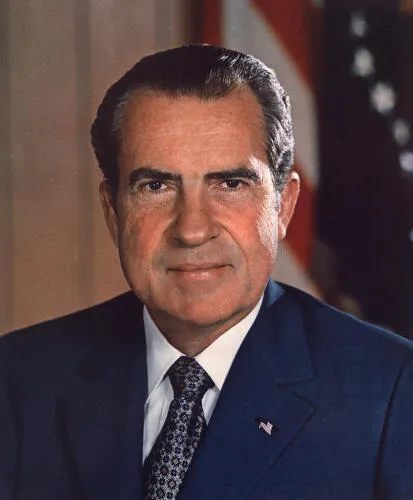

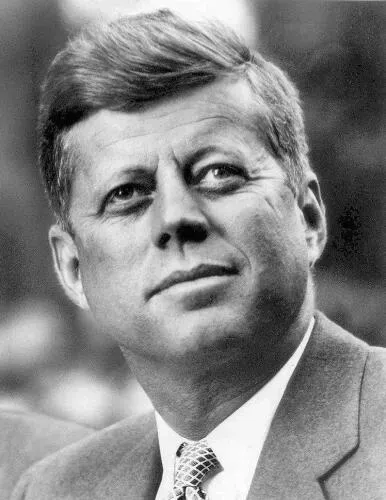

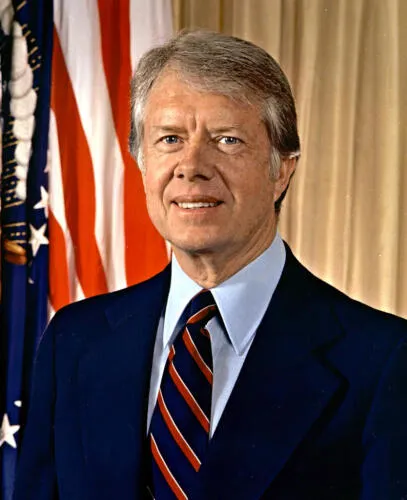



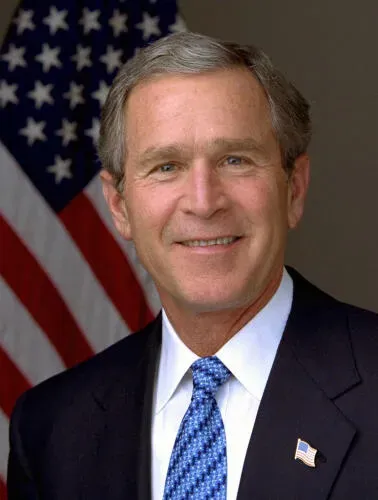

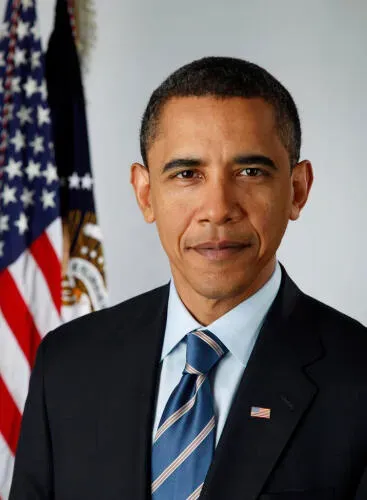
In this collection, we list U.S. Presidents Stories. The president of the United States is the head of state and head of government of the United States, indirectly elected to a 4-year term by the people through the Electoral College.

George Washington

Theodore Roosevelt

Franklin D. Roosevelt

Harry S. Truman

Ronald Reagan

Richard Nixon

John F. Kennedy

Jimmy Carter

Donald Trump

George W. Bush

Barack Obama
Great Women in History
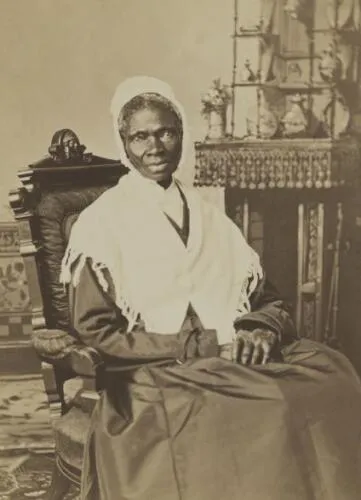

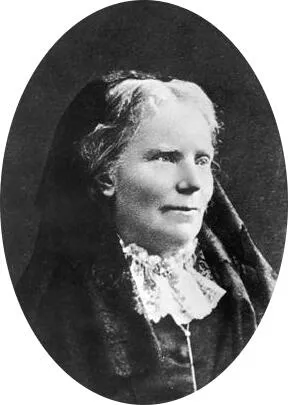

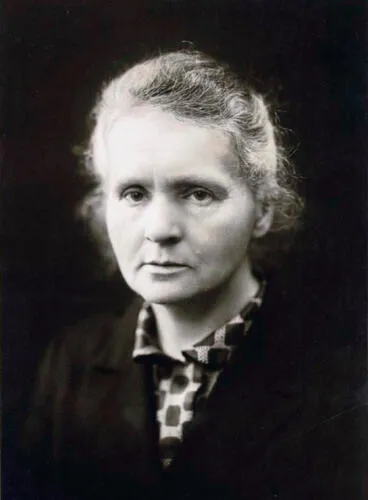



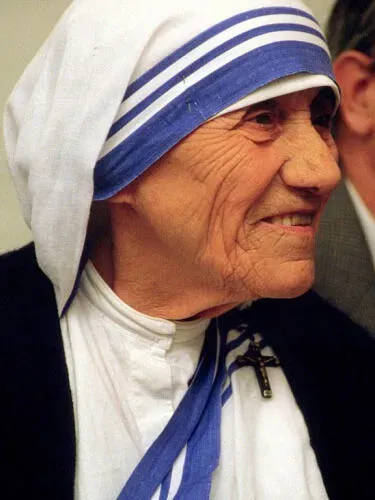

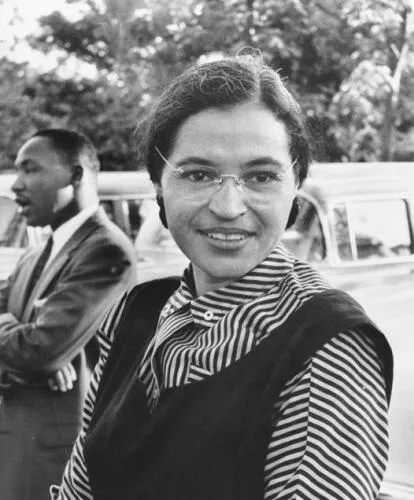

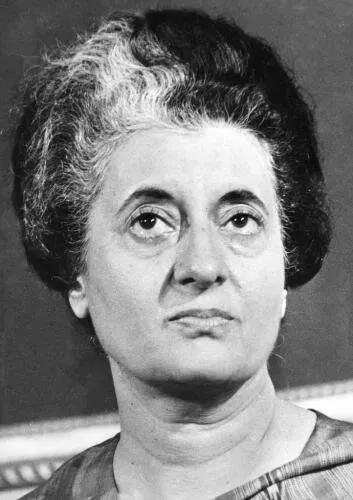












The female characters affected history.

Sojourner Truth

Elizabeth Blackwell

Marie Curie

Anna May Wong

Mother Teresa

Rosa Parks

Indira Gandhi

Margaret Thatcher

Angela Merkel

Halimah Yacob

Ruby Bridges

Theresa May

Princess Diana

